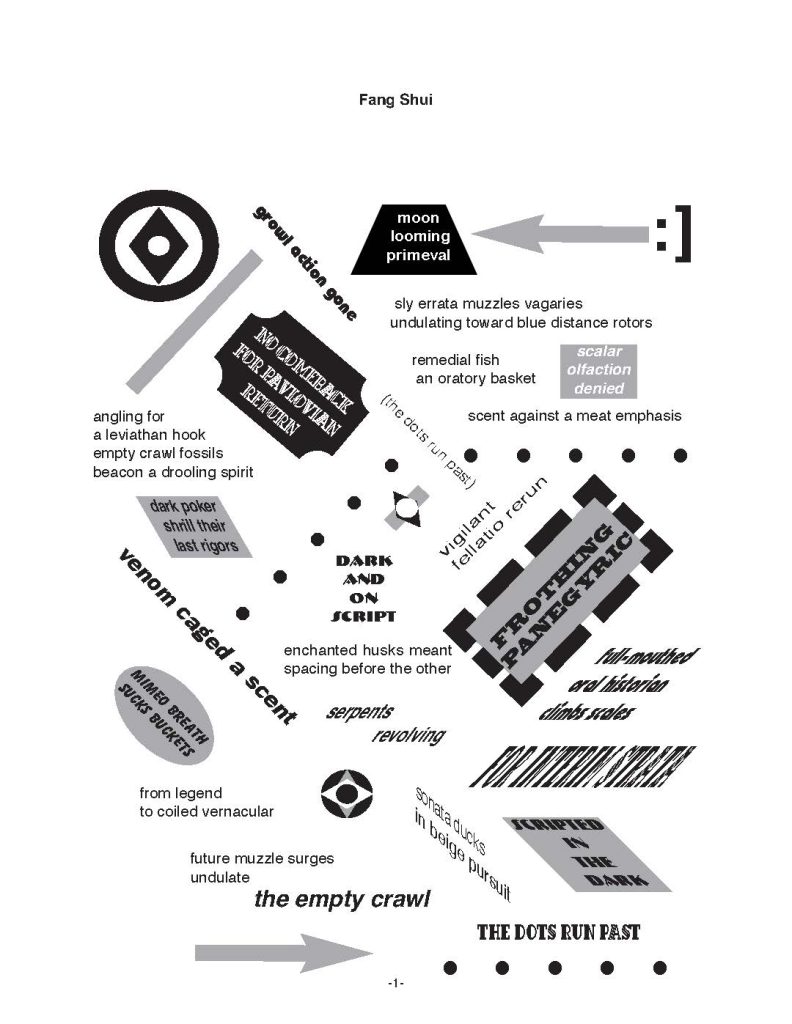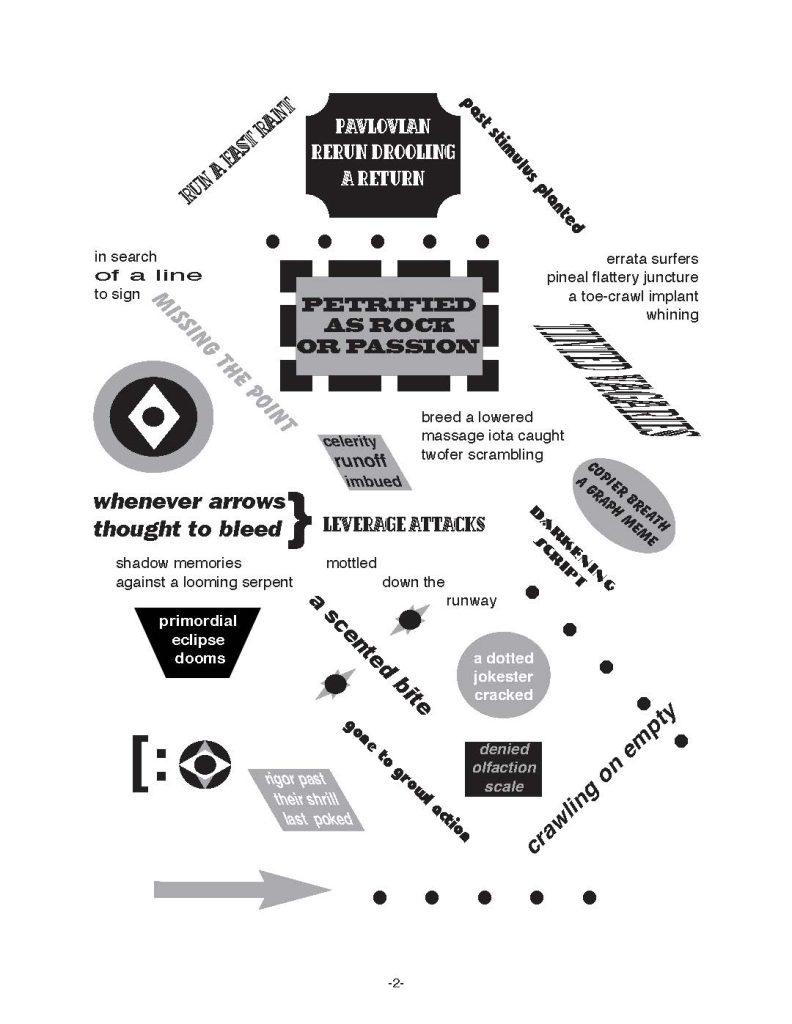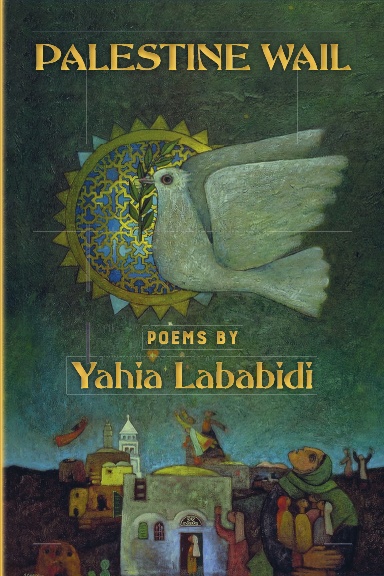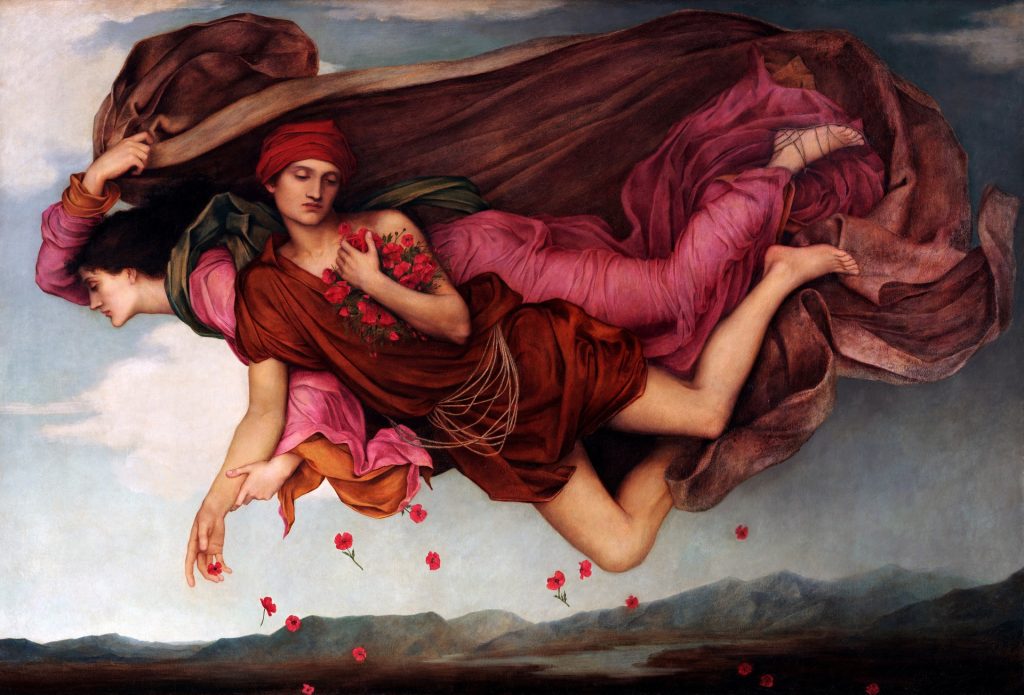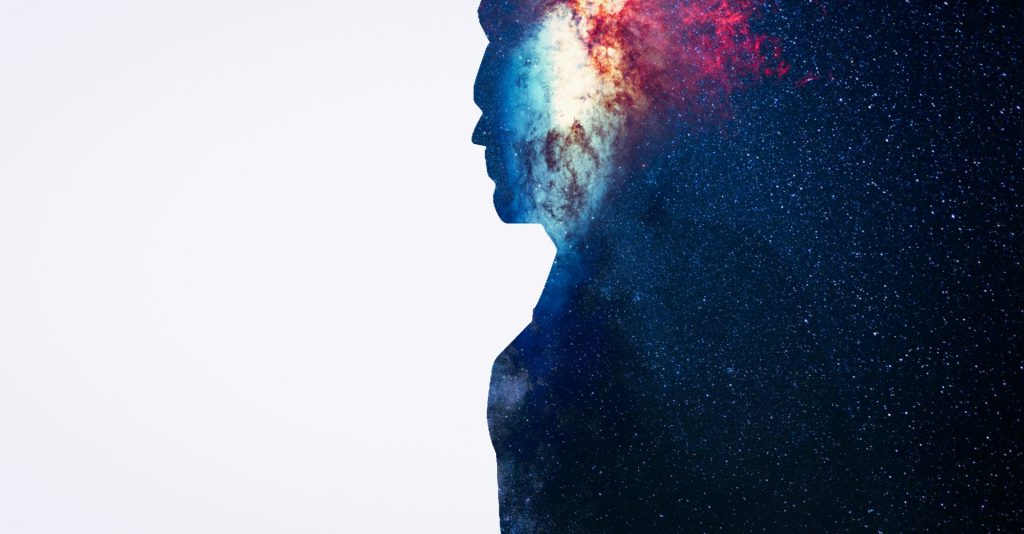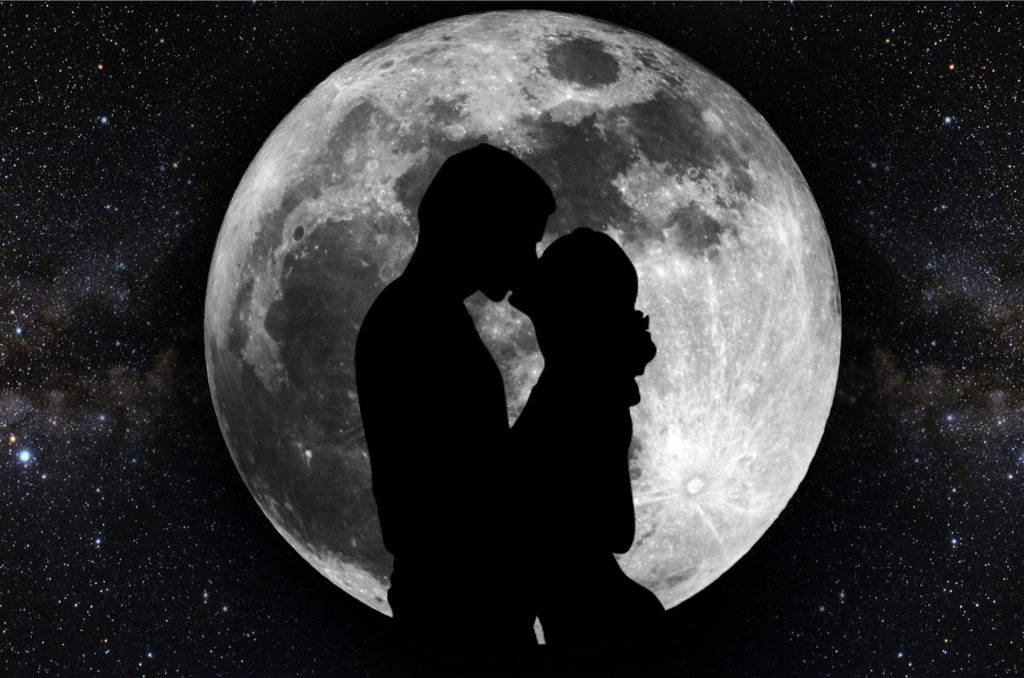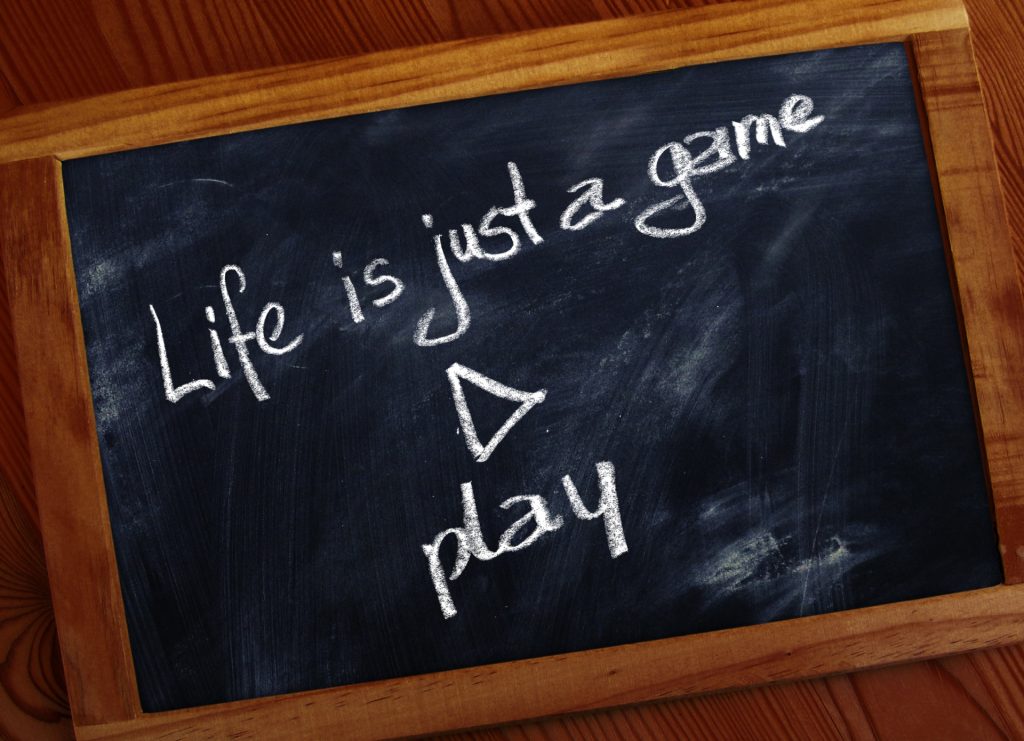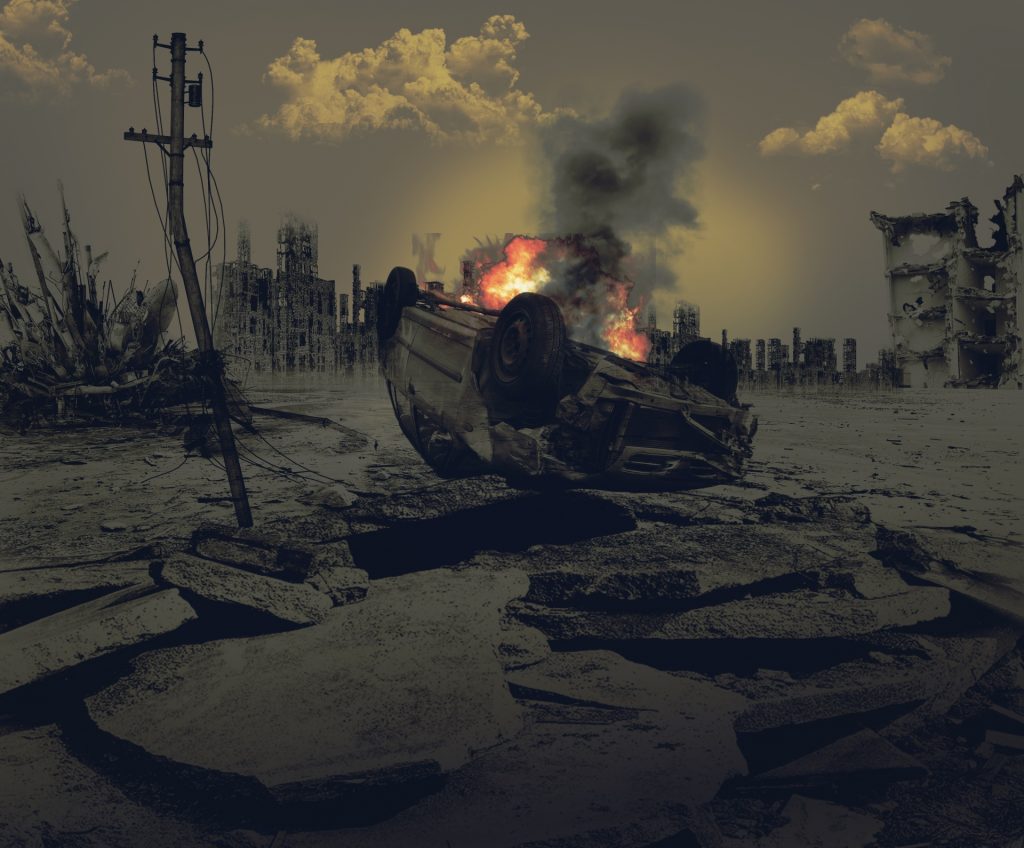MY GREY DREAM
I went looking for her, my lost baby. I did not know it would be the last time. I roamed the dry barren landscape at a dusk, no normal dusk, a dusk of broken spirits, a Dante dusk. The uneven ground was tan clay, dry and cracked from lack of sustaining rain. Any sparse vegetation that had once thrived was now brown and dead. Though I stumbled, I persisted in my search. Everything everywhere was dead. I found the building, her new home that an unreal visitor with no name had constructed from slabs of grey concrete, an economy of materials, like the vaults in which caskets are placed before being lowered into the last place they will ever be.
The building was large, there were no curved walls, no arches. Every surface was rectilinear interrupted only by impressions from where the wood frames held the wet cement as it set into featureless, meaningless, permanent shape. I opened a grey door and stood in the vestibule with a high ceiling, also cast from cement, lit by a dim light from an unknown source. I waited and waited. I would stay there until I knew.
There were no colors, no photos, nor paintings on the walls, not even black and white, not even ones dulled, the images obscured from the misguided desire to protect them with non-glare glass, set within thin matte-black frames. There was nothing to break the oppressive, insistent weight of the surfaces. There was no furniture. Nothing. The staircase was entirely cast from concrete leading up to somewhere. There were no sounds at all except the tinnitus always present, even in my deaf ear. The air was still. I felt dread. I felt small. I felt insignificant.
Then she appeared on the stairs. “What are you doing here?”; not a question but more of an accusation. She was angry and annoyed by my presence. We had loved each other with the certain seamless love of a parent and a child. There was no trace of that now, though it was there. It would always be there because it was true and real. It was obscured and hidden by a darkness delivered by an interloper seeking only power and control over a fragile, gentle soul.
I spoke words I did not know I could speak: “I’m here to remove all things inauthentic.”
There was no response. She turned in disgust and left. I looked at her back as she left, I feared forever. She continued down the dark hallway to a small, cold, grey-walled room, like a cell, with only a slit of a window that let in a dull green light from which the time of day could not be determined because the time of day was his to tell her. Time was not something she was allowed know by her own deduction. The room had been constructed specifically for her to confine her and limit any sensory input that he did not oversee and permit. It was the room prepared for her by someone or something intelligent and patient who carefully calculated her destruction and began to dismantle her piece by piece from their first encounter until she was only fragments of who she had been; bits he reassembled to construct her as he thought she should be utterly and completely under his control. He owned her thoughts; he owned her dreams, her intelligence, her creativity; her actions were within the parameters he had determined correct. He even owned her defeat, her final surrender and the permanent sadness behind her eyes. Everything that had been her was his.
In the grim room was a banquet table constructed from 2×4 seconds and embalmed in Vara-thane that she set with gilt-edged paper plates, plastic flatware spray-painted silver and paper napkins he had l ripped from the dispenser at McDonald’s and which she folded into delicate, yet distorted, swan-like shapes she hoped would delight her only guests; the guests who never questioned nor challenged the world in which he stored her. There, in the only space allowed her, she awaited the arrival of the days’ old crumbs from the rock-bread he had casually left uncovered because he had something else to do; crumbs he decided to toss to her when he needed to affirm his power over anything that sustained her. As per his expectation, she bowed in gratitude as she gathered the crumbs from the dull, unfinished floor. She laid them out as a banquet for the others now gathered in the room; others who had been fragmented and broken, annihilated by another dream person inflated with a impotent rage and driven to dominate and control to hide his insignificance from a terror and self-loathing beyond all reason.
Taken from her were those who she loved and who loved her; who had supported her and nurtured her and had cuddled her and kissed away her hurts. Gone were those who ran to her aid because of their love and devotion to her. Gone were all who would protect her; all who made sure she was tucked in securely at night her soft, plush toy penguin, her pink velvet froggie, were snuggled around to assuage her fears of another darkness from another interloper. All those who loved her, she abandoned, discarded and vilified at his behest to prove her loyalty to him.
Now everyone she had chosen to dine with shared in the illusion of a luscious banquet. All were thrilled by the meager crumbs on their plates as though they had been served a luxurious meal of foie gras and truffles, sturgeon caviar with toast points prepared by a skilled French chef. She did not yet know that even those she had found for company among the broken his fear would mandate he bring under his control, too. They would be culled as it suited him until she was totally alone hallucinating imaginary friends to comfort her, reassure her, console her as her loved ones did long ago when she was frightened, but when she was not alone. The crumbs would diminish into only an illusion of sustenance until she ceased to exist and he heard her deliver her last words: “My master, I love you” and his face slackened with the pleasure of complete conquest.
I was standing in the vestibule but I was no longer waiting. She was gone. Not a single slim thread was left connecting us. All deep bonds that had been between us he had broken. I was dead to her. I lifted a small brown bag that had not been there before. It contained imposter things disguised as the ordinary brought into our family long ago by another darkness. Things I once thought real and denied their inherent dissonance: a 1952 class photo of a smiling blonde boy with crystal blue eyes; a book of Haiku; red enameled cast iron pans. All seemed innocent but the deceptions were revealed upon closer inspection. Peering into the bag: an occasional guttural growl from the blonde boy; the pans: a bloody hammer; Haiku: a book of obscene limericks.
I left by the same door through which I had entered. At the top step of the crumbling concrete outdoor stairs, I saw the dead dried grass that had once grown through the cracks but no life remained in the leaves that fluttered from a light breeze that did not refresh. I had forgotten my cane and feared I would fall as I descended the stairs carrying the bag that held the unwanted truths in one hand, the inauthentic old ones I had to carry away and destroy at long last. I did not fall. I found my car. To my surprise her Dad, the dark interloper from a distant time, was sitting in the passenger seat but his visage was translucent and vague; he was disappearing. We didn’t speak. I handed him the bag; it belonged to him. I drove away for the last time. A sadness overtook me and I knew it would be there in my heart, in the place with the defect from my birth, the place on the ventricle that generates the weak beat, even today and until the end.
2022


